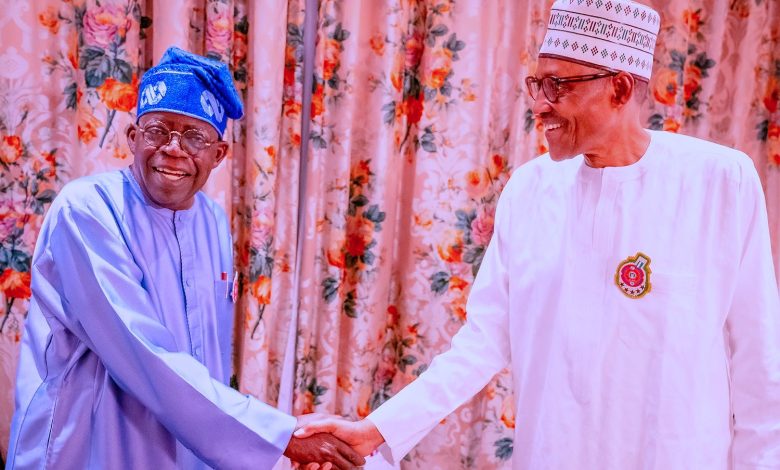
A recent report by BudgIT, an accountability firm, has unveiled a troubling fiscal crisis in Nigeria, revealing that the Federal Government spent three times its revenue in 2023, resulting in a staggering deficit of N13.50 trillion.
The report, which analyzed the 2023 fiscal accounts from the Office of the Accountant-General of the Federation, highlights the government’s alarming drift away from fiscal responsibility, with spending far outstripping income.
According to the report, Nigeria’s revenue for 2023 was N5.99 trillion, derived from various sources including N3.80 trillion from the Federation Account Allocation Committee (FAAC), N1.98 trillion from the Federal Government’s independent revenue, and N202.54 billion from other sources.
However, the government’s total expenditure ballooned to N19.50 trillion, exceeding its revenue by 225 per cent.
The massive spending spree has raised concerns about the country’s financial stability and the sustainability of its borrowing habits.
Reacting to the report, Victor Agi, a fiscal accountability expert at the Centre for Fiscal Transparency and Integrity Watch, expressed deep concern over Nigeria’s escalating debt crisis.
He warned of severe economic implications if urgent action is not taken, stating, “The economy is bleeding, and we are struggling to fund capital expenditure. The implications are dire.”
Agi was critical of the government’s handling of the economy, describing it as “irresponsible” and highlighting the lack of economic growth since 2014.
He pointed out that the problem is not just the borrowing itself, but what the borrowed funds are being used for.
“We are borrowing to fund debt, to fund frivolities,” he said, noting that only 4.4 per cent of the government’s N19 trillion expenditure last year was allocated to capital expenditure—a figure he described as “not acceptable.”
Femi Oladele, a public policy enthusiast, also weighed in on the issue, expressing concern over the government’s spending habits.
Oladele noted that while spending more than one earns is not inherently problematic, the real issue lies in the breakdown of expenditures.
He questioned the government’s priorities, suggesting that they might be relying on unknown “windfalls” to sustain their spending.
“In my opinion, it looks like our Government believes (or knows) that there is some kind of windfall somewhere that others don’t know,” Oladele stated.
He emphasized the need for local investment to stimulate economic growth and development, noting that most of the government’s spending does not benefit the local economy directly.
With the economy under severe strain and the deficit continuing to widen, experts warn that without decisive action, Nigeria could face even more significant economic challenges in future.
